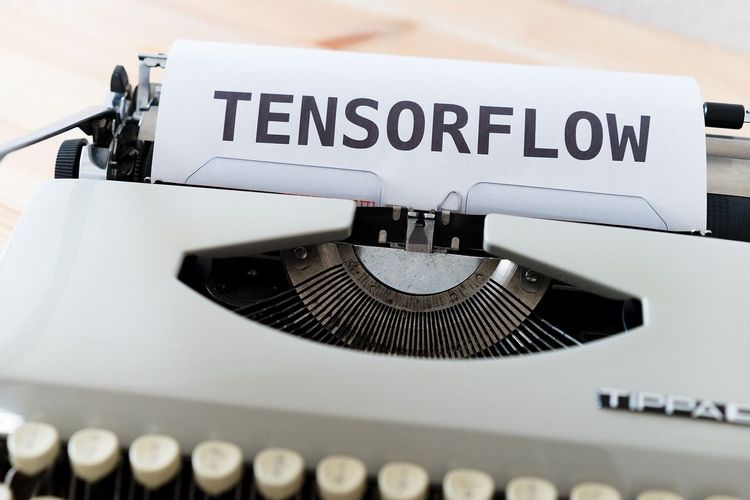In 2023, as ChatGPT's user base surpassed one billion, fundamentally transforming the world, the hardware sector lagged behind. By the end of 2023, more smartphone manufacturers began embracing the concept of "AI phones." However, most of these devices primarily integrated software updates with minimal changes at the system level. This made it challenging to convince both professionals and regular users of any significant advancements. Given this industry's history, Apple, as a major player in the smartphone market covering hardware, chips, and software, is seen by many as capable of revolutionizing the landscape and introducing a true "AI phone."
During the launch event on September 10, Apple highlighted "AI" as a key selling point for its new hardware. The iPhone 16 was boldly branded as "the first iPhone designed specifically for Apple intelligence." But can the iPhone 16, along with newly unveiled products like the Apple Watch and AirPods, truly usher in the "AI era"?
Pricing: New iPhone Starting at ¥5999
The highlight of the event included the launch of the iPhone 16/16 Plus, iPhone 16 Pro/Pro Max, AirPods 4 series, and new Apple Watch Series 10 models. The official pricing for the new lineup is as follows:
- iPhone 16: Starting from ¥5999
- iPhone 16 Plus: Starting from ¥6999
- iPhone 16 Pro: Starting from ¥7999
- iPhone 16 Pro Max: Starting from ¥9999
Pre-orders for the iPhone 16 and 16 Pro series will begin on September 13 at 8 PM, with sales starting on September 20. The Apple Watch Series 10 will be available for pre-order at ¥2999, also starting September 11, with sales beginning September 20. The AirPods 4 will retail at ¥999 for the standard version and ¥1399 for the active noise-canceling variant available on September 20.
Hardware: Conventional Updates with a Focus on AI
As the "first AI iPhone," the iPhone 16's hardware is centered around Apple intelligence, primarily featuring the new A18 Bionic chip crafted with second-generation 3nm technology. This chip includes a six-core CPU, a five-core GPU, and a sixteen-core neural engine, which significantly enhances AI performance. Notably, the A18 chip introduces a new memory subsystem for faster data transfer rates and offers twice the AI processing power compared to the iPhone 15.
The iPhone 16 now features the Action Button introduced in the Pro series, as well as a newly engineered "Camera Button," which supports both pressure and swipe activations using sapphire glass. This button provides haptic feedback and differentiates between light and hard presses, emulating the functionality of a DSLR camera shutter release. Given the intelligent and customizable nature of the iPhone, this button becomes vital for quickly launching the camera.
Apple also intends to roll out Apple intelligence as a beta version in October, offering five color variations: deep blue, ultramarine, pink, white, and black. The iPhone 16 Pro series retains the original titanium colors while introducing a new desert-colored variant, while both models are also equipped with the A18 Pro chip that has a 17% bandwidth increase to further support Apple intelligence operations.
Software: AI at the Forefront
The term "AI" was prominently featured throughout the event, with Apple intelligence receiving the most attention. The beta release is expected in October, along with an initial five language adaptations, including Chinese. To facilitate the execution of multiple localized models, Apple has enhanced the NPU capabilities in its devices. For more demanding workloads, the newly introduced Privacy Cloud Compute (PCC) will offer a private cloud computing solution, ensuring users' personal data remains secure.
From the information disclosed, Apple intelligence can organize drafts, generate articles tailored for various social platforms, and offer image creation through its Image Playground. Its competitive advantage lies in its deep integration within the existing iOS ecosystem. The Photos app can even identify previously taken images based on user descriptions, leveraging semantic capabilities.
Additionally, Siri is set to provide guidance on using iPhone features in a genuinely intelligent manner. Apple is not the first player in this space, but it is positioned to deliver a robust ecological solution.
Final Thoughts
Apple's iPhone 16 has the potential to redefine smartphone technology with its AI integration and specialized features. As Apple continues to unveil more possibilities in AI through software and hardware innovations, it is clear that the brand is seriously committed to leading the charge into the AI-powered future of mobile technology.







